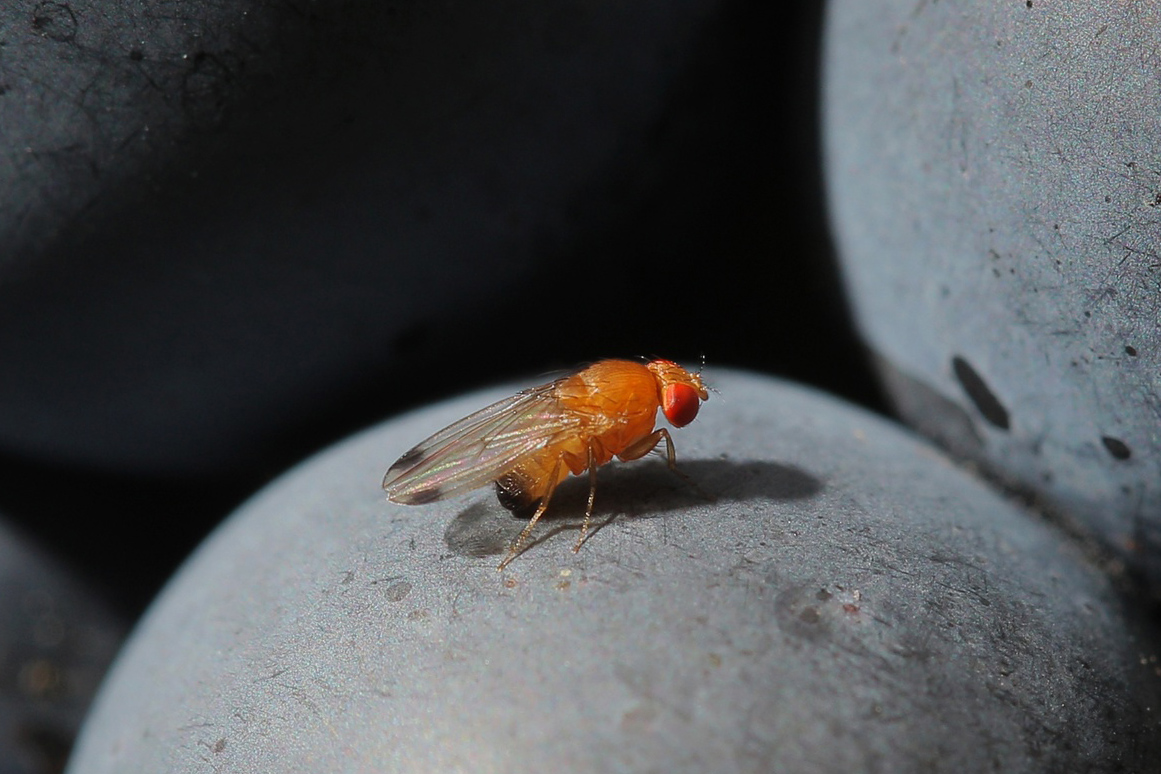Artificial sweeteners: when ‘zero’ is not the way to go

With the World Health Organization (WHO) counselling against the use of artificial sweeteners, what options are left on the table for food companies and consumers?
Almost 15 years ago, a strange experiment was carried out in two Swiss zoos. Captive wild animals from the Zurich and Rapperswil zoos, including a lion, were given access to sugary water containing six natural sugars and six artificial sugars for 24 hours.
Only one species showed a preference towards artificial sugars: Red pandas. It made the newsExternal link around the world.
“This is the first case we know of where a non-Primate recognises and avidly consumes aspartame,” stated the researchers in the study published in the Journal of HeredityExternal link in 2009.
This article is part of our dedicated coverage of developments in the food industry from a consumer’s point of view. Despite its small size, Switzerland occupies a substantial place in the global food basket. It is home to food and agriculture giants like Nestlé and Syngenta, as well a major players in chocolate and dairy. The country is also positioning itself as a food tech hub with many startups and a dedicated incubator in the form of the Swiss Food and Nutrition Valley. The Alpine nation is also the European hub for many commodity firms dealing with food products like soy, cocoa, coffee and palm oil.
Of course, the most avid consumer of aspartame and other artificial sweeteners, also known as non-sugar sweeteners (NSS), are us humans. Unfortunately for us, the World Health Organization (WHO) recently discouraged their use.
“The recommendation is based on the findings of a systematic review of the available evidence which suggests that use of NSS does not confer any long-term benefit in reducing body fat in adults or children. Results of the review also suggest that there may be potential undesirable effects from long-term use of NSS, such as an increased risk of type 2 diabetes, cardiovascular diseases, and mortality in adults,” stated a WHO press release in March.
The WHO counsels against all “synthetic and naturally occurring or modified non-nutritive sweeteners that are not classified as sugars”. This includes popular sweeteners like acesulfame K, aspartame, advantame, cyclamates, neotame, saccharin, sucralose, stevia and stevia derivatives.
To make matters worse, the WHO has also warned that aspartame was possibly carcinogenic to humans even though one would have to drink at least 12 cans of diet soda every day to be at risk.
What does this mean for consumers?
It is important to note that the WHO’s recommendations are conditional as opposed to strong. This means that it is “less certain that the desirable consequences of implementing the recommendation outweigh the undesirable consequences or when the anticipated net benefits are very small.”
However, the report does warn of an increased risk of pre-term birth in women who used NSS heavily during pregnancy, but this was based on “low certainty evidence”.
For those who do not want to take any risks there are a few options still on the table. These include less processed sugars from natural sources like coconut blossom, maple or agave. The WHO also does not have anything against sugar alcohols like sorbitol, maltitol, erythritol and xylitol yet. However, a recent study this year found a correlation between blood clots and consuming these kinds of products.
Is there an easy way out for the informed and risk-averse consumer with a sweet tooth?
Swiss example
Food companies have capitalised on our desire to reduce calories and hopefully lose excess weight. They are also under pressure to reduce sugar in their products or face government regulation.
While the Swiss parliament has so far rejected attempts at introducing a tax on sugar, the government is nudging companies to do so on a voluntary basis. One such initiative is the Milan Declaration launched by the Federal Food Safety and Veterinary Office (FSVO) in 2015. It calls for a 10% reduction in the sugar content of products such as soft drinks, yoghurt and breakfast cereals by the end of 2024 and 24 firms have signed up to it. And it seems to be working.
“On average, since 2018, the content of added sugar in yoghurts has fallen by five percent and in breakfast cereals by thirteen per cent,” said an FSVO press release in February.
The review, conducted in 2021, stated that this reduction was achieved through the reformulation of recipes, removing product lines with a lot of sugar in them and the introduction of new, less sugary ranges.
“All the reductions were achieved without using artificial sweeteners or sugar substitutes,” states the report.
Thus, the Swiss example shows that it is possible to reduce sugar without resorting to artificial sweeteners.
More

In compliance with the JTI standards
More: SWI swissinfo.ch certified by the Journalism Trust Initiative











You can find an overview of ongoing debates with our journalists here . Please join us!
If you want to start a conversation about a topic raised in this article or want to report factual errors, email us at english@swissinfo.ch.